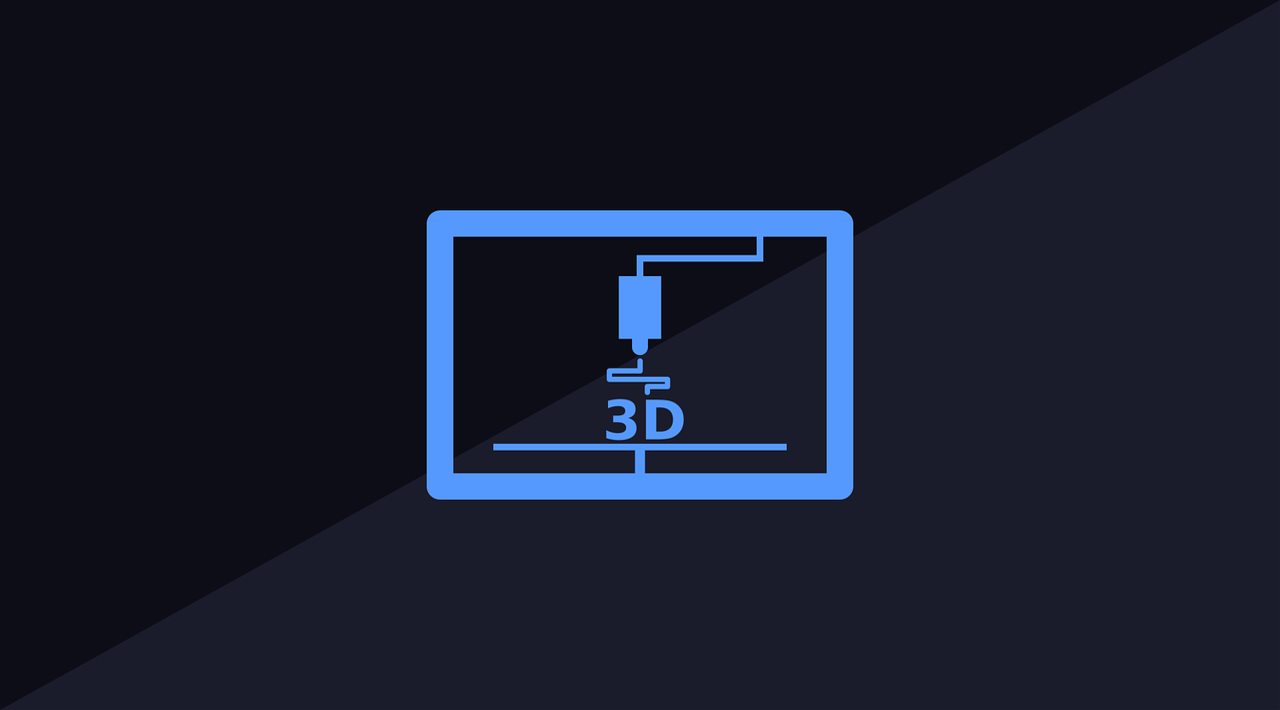
Researchers at the Indian Institute of Technology Guwahati (IIT-Guwahati) have developed 3D printed urban furniture using construction material made from local industrial wastes. The technology will cut down concrete use by 75%. According to a report, concrete 3D printing is gaining momentum in the building and construction industries. Recent developments in this field such as 3D printed modular houses, pedestrian footbridges, office buildings, public schools, and low-cost toilet units have the potential to initiate a paradigm change in construction.
A statement by the Institution said that the research group used specially developed printable concrete containing industrial wastes as binders to build 3D printed furniture with a seating height of 0.4 m, a width of 0.4 m, and arch-shaped support that was modelled and sliced using SolidWorks and Simplify3D, respectively. The entire unit was printed layer by layer at an 80 mm/s speed, with each layer having a 10 mm height. After the unit was printed, it was covered by moist gunny bags for seven days to cure before being used.
Traditionally, these structures were mould cast, which require more concrete material, labour, and formwork preparation. A representative from IIT-Guwahati noted that the Institute showcased how material-efficient structures can be produced in their lab-scale 3D printer. The goal is to design high-performance concrete mixes made from industrial wastes for printing such complex structures.
The team is now exploring underwater concrete printing and the possibility of printing functional reinforced concrete using low carbon materials. 3D printing of concrete can be a technological solution for reducing carbon footprint in the building and construction industry. The IIT-Guwahati Director explained that in the Indian context, techno-economic analyses must be carried out that not only accounts for environmental sustainability but also aspects relating to cost, quality, labour, and maintenance associated with 3D printing.
The research team believes that the on-demand, on-site 3D concrete printing will have a global impact on versatile construction applications and multi-billion-dollar markets worldwide. The future jobs will be marshalled into design, automation, servicing, and maintenance of digital systems.
Last August, scientists from the International Advanced Research Centre for Powder Metallurgy and New Materials (ARCI) revealed that they successfully managed to repair aero-engine components using 3D printing technology called Directed Energy Deposition (DED). The research team discovered that the technology significantly reduced repair costs and overhaul time. The powders for the DED 3D printing process were created by scientists on their own.
In December, the Indian Institute of Technology in Ropar (IIT-Ropar) installed an EOS M 290 metal 3D printer in its facility. It uses additive manufacturing technology known as selective laser melting to create complex geometrical featured products from various metals and alloys. The metal 3D printer will be used for research and development. This technology is unique in its ability to address existing issues in the conventional powder bed fusion process such as thermal management and slow build rate. IIT-Ropar will focus on conducting workshops and hands-on training for researchers, students, and staff on the technology process.
















